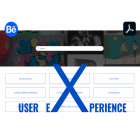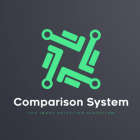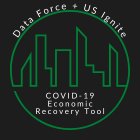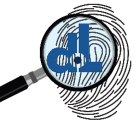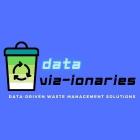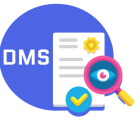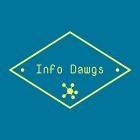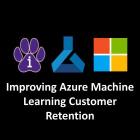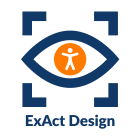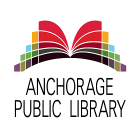
Anchorage Public Library Performance Measure Dashboard
Libraries are a great repository of information and data that encapsulate community literacy, engagement, and health. However, this data is scattered across disparate sources. Our dashboard will help Anchorage Public Library collate this data and transform it into readable and usable information that can be used to drive insightful business decisions and highlight their achievements. The images and visualizations of our project will explain where and how the library’s resources are being used and how to effectively alter them if required. Our results will also recommend areas of improvement for APL along with the suggested formats to collect future information.

